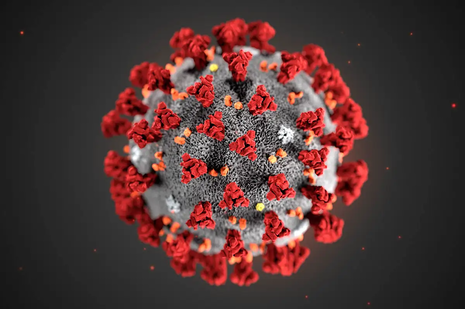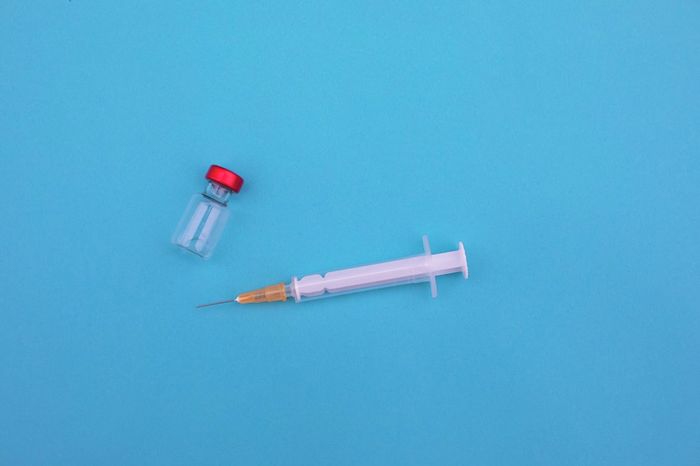Cambridge Spotlight: Artificial intelligence used to discover 200 new Covid treatments
In this next installment of Cambridge Spotlight, Emily Sissons explores how researchers at the University of Cambridge are searching for new drugs to treat Covid-19

A recent study led by researchers from the Milner Therapeutics Institute and Gurdon Institute at the University of Cambridge has discovered 200 drugs which could potentially be used to treat patients with Covid-19. Researchers used artificial intelligence (AI) to study the protein networks linked to SARS-CoV-2 (the virus that causes Covid-19 in humans) through the use of computational biology and machine learning.
The study examined around 2,000 approved drugs and identified 200 which could be effective in Covid-19 treatments. 40 of these drugs have already progressed into clinical trials, and a further 30 are under consideration as potential focuses for preclinical studies.
The study, published in the peer-reviewed journal Science Advances, identified two drugs of particular interest: Proguanil, an antimalarial drug, and Sulfasalazine, currently used to treat rheumatoid arthritis. These two drugs were found to stop the spread of the SARS-CoV-2 virus by regulating the production of nitric oxide – an important part of viral synthesis – through multiple pathways, thereby limiting the viral replication in cellular assays.
It is hoped that these drugs could soon be repurposed to both prevent and treat Covid-19; because these drugs are already approved and in clinical trials, researchers believe this demonstrates the promising ‘discovery value’ of this study, providing evidence for the successes of their methods.
The use of AI in healthcare
While describing the methods used in the study, Dr Namshik Han (Head of Computational Research and Artificial Intelligence at the Milner Therapeutics Institute) stated that ‘while we took a data-driven approach – essentially allowing artificially intelligent algorithms to interrogate datasets – we then validated our findings in the laboratory, confirming the power of our approach.’
Artificial intelligence is already being used within healthcare and has the potential to be implemented more widely in the future. The use of computational biology enabled researchers to use computer algorithms – which perform mathematical modelling and analysis – to analyse datasets of biological measurements. This approach can be used to identify relationships within biological systems and combine multiple information sources into a more comprehensive model.
The use of machine learning gives computer systems the ability to identify patterns in the dataset run, and thereby learn from this and improve their performance without being explicitly programmed by humans. Computers are therefore able to learn without human involvement, enabling them to make more appropriate decisions in the future.
Dr Han also noted the possibility that the approaches taken in this study could also be applied effectively to future research into drugs suitable for preventing or treating new variants of SARS-CoV-2, as well as pathogens which may cause future pandemics.
 News / Cambridge and Manchester Universities meet for innovation partnership26 February 2026
News / Cambridge and Manchester Universities meet for innovation partnership26 February 2026 News / Private school teacher who lied about Cambridge degree barred from teaching27 February 2026
News / Private school teacher who lied about Cambridge degree barred from teaching27 February 2026 News / Cambridge academics sign open letter criticising research funding changes22 February 2026
News / Cambridge academics sign open letter criticising research funding changes22 February 2026 News / Judge Business School advisor resigns over Epstein and Andrew links18 February 2026
News / Judge Business School advisor resigns over Epstein and Andrew links18 February 2026 Theatre / The Memory of Water is dazzlingly well done27 February 2026
Theatre / The Memory of Water is dazzlingly well done27 February 2026









![How to Create an Attractive Freelancer Portfolio [5 Tips & Examples]](https://www.varsity.co.uk/images/dyn/ecms/320/180/2026/02/vitaly-gariev-ho2tNOWZYXM-unsplash-scaled.jpg)